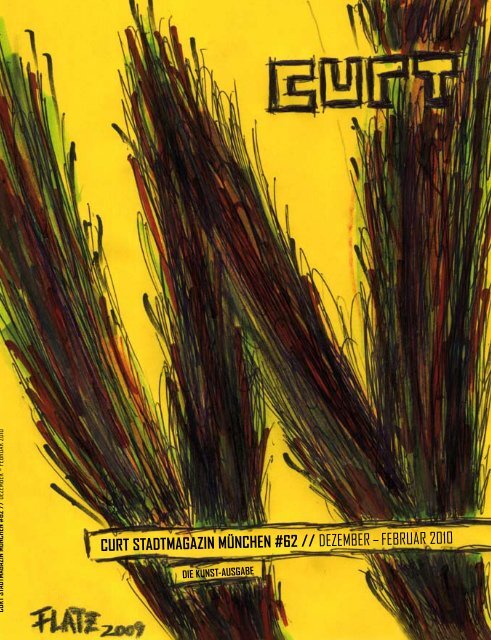
The hope is that RTD might be able to keep some of them. There is also the factor of nostalgia at play: audiences who have left the show might be tempted back. Ultimately RTD’s return feels like it must be purely transitional rather than long-term. The main drawback here is that it seems like there was no-one new to whom the BBC would entrust the show. Davies, but I certainly did not expect someone quite so Actually Him to take the job of showrunner. There are aspects of RTD’s writing that I didn’t enjoy, and I’m sure some commentators will express similar opinions, but I think that at the moment it’s more important that Doctor Who engages people who aren’t us.

Plus, he’s an even better writer now, and he was no slouch in 2005. Davies has managed this consistently throughout his career and there’s no reason to think he can’t manage this again.
#Blitz Illu Pdf Download series
In Den of Geek’s Series 14 wishlist article we mentioned getting children to play at Doctor Who games in the playground and looking outward to audiences the show isn’t reaching. Let’s ignore The Hobbit trilogy and focus on how this could happen. The context for Davies, Tranter and Gardner is different this time, but I assume part of the reason for their return is the hope that they can bottle lightning again. What Davies did shook up Doctor Who while still retaining the core of the series’ appeal – a genius and his friend(s) go on adventures – in a way that challenged fan’s preconceptions of what Doctor Who could be. Much as I enjoy what Andrew Cartmel did with Doctor Who in the late Eighties, the show was a long way off Jackie Tyler being a regular character. It revelled in cultural references like never before, it was funnier than it had ever been, it focussed on plausibly real people more than ever before. Davies’ version of Doctor Who was unashamedly populist. Who Will Be Doctor Who’s Next Showrunner? Much as I like a lot of Steven Moffat’s writing, we were back to the more inward-looking show that wasn’t reaching out to new viewers in the way it had done in 2005.ĭoctor Who: Previous Guest Stars Who’d Be Great as the New Doctor The problem is that under Chris Chibnall Doctor Who went from Series 11’s lack of continuity references, no returning monsters and attempts to widen the show’s storytelling to Series 12’s retcon of the entire continuity, bringing back Gallifrey and the Master to do so. In my opinion, just because the show’s writing isn’t for me at the moment is not necessarily a problem. The initial surge of enthusiasm that was topped up with occasional events and relaunches has inevitably dried up over the years. Doctor Who, for a variety of reasons, no longer has a series produced every year and it has been sixteen years since the show returned in 2005. In more intangible measures, Doctor Who felt like it reached further peaks of cultural significance on its fiftieth anniversary in 2013, and with Jodie Whittaker’s casting as the first female Doctor. Audience Appreciation scores have also decreased somewhat. Viewing figures have declined since Series 8 in 2014, and though the way television is consumed has changed since 2005 (and Doctor Who is established internationally) there was an increase for Jodie Whittaker’s first series in 2018 that the 2020 series failed to maintain. David Tennant’s Tenth Doctor became a new visual shorthand for the show, the first Doctor since Tom Baker to reach this level of recognition. The show reached a critical, commercial and pop cultural peak equivalent to Dalekmania and the heights of the Seventies. The Audience Appreciation Index scores were solidly high. The audience figures, especially for the Christmas Specials he established, were massive. Whatever you think of RTD’s take on the show, it was huge.

As showrunner, he’ll have much more impact that Letts and Holmes did upon their return.īefore we get to speculation about what this means for Doctor Who, let’s look at some facts.


Davies is returning to an Executive Producer role alongside Julie Gardner and Jane Tranter (who were also integral to the show’s success when it returned in 2005). The nearest similarities are when Barry Letts returned in an Executive Producer role in 1979 (but that was in an advisory capacity to new producer John Nathan-Turner) and when Robert Holmes returned to the show in the mid-Eighties. Doctor Who has never had a Showrunner/Script Editor return to the show in the same role before. Doctor Who: Russell T Davies Is Coming Back As the New/Old Showrunner.


 0 kommentar(er)
0 kommentar(er)
